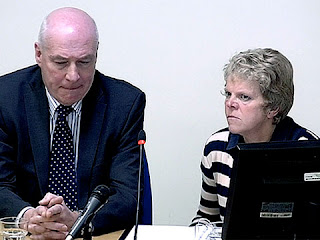In the media industry, professional behaviours are near enough the same as in any other work industry. You have to be Confident and have Good Communicating Skills; this is because if you were a news reporter then you would have to be able to talk and communicate with others that you may not know to find out the information and facts to report on it. You also have to be good at Time Keeping, for example if you are a journalist, and you have arranged to interview a celebrity for a magazine article, and if you show up late, then the celebrity will get impatient, leave and you wouldn't have a story, and that celebrity may not agree to give any more interviews for that magazine.
Other skills are things like being able to work in as a team, being a quick learner, flexible motivated, hard working, able to think on the spot and solve possible problems, as well as being friendly, reliable, responsible, organised and have good management skills.
Progression in the Media Industry
When you are wanting a job in the media industry, there is usually several ways to get to were you would like to be, and different stages of every way.
Here are two diagrams that I made showing the type different routes of the progression of getting a job in the media, with two possible routes.
The first one is the possible progression to becoming a film producer, starting for being a college student, and then either going along the route of further education, and going on to university and meeting and networking with people that way, and then going into full time employment and then working your way up to becoming a producer. The other route is leaving college and going onto trying to find work and get experience, in hope to get a job and the chance to work up to becoming a film producer.












.jpg)
